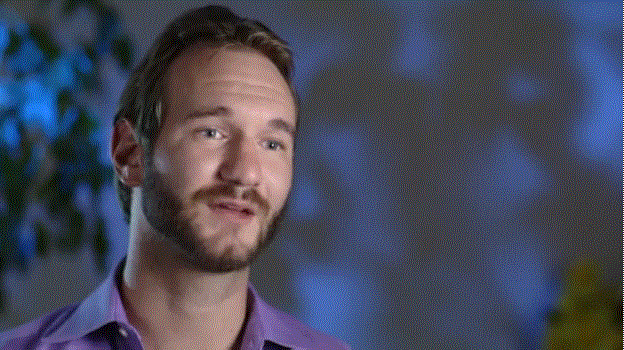When Jason Raftis was a sales manager at a car dealership in Florida,
he decided to give a longtime friend a job in his department.
“Stick to strangers. They're way easier to manage and even easier to fire.” — Jason Raftis
He
quickly realised his mistake. The friend started making a habit of
detailing their college exploits in front of other employees — and that
was only the start.
“[It] turned out to be a nightmare,” recalled
Raftis, who is now a business services account executive. “Because of
our friendship, he took it as a license to come and go as he pleased and
took liberties that other employees would never take.”
Raftis eventually fired him. His advice: “Stick to strangers. They're way easier to manage and even easier to fire.”
Whether
as a boss or subordinate, mixing friendship and work has many potential
pitfalls. Before you hire a friend — and more importantly, before going
to work for a friend, it’s crucial to weigh the pros and cons.
A
poor hire can give you a bad reputation and reflect badly on your
judgment, not to mention damage a friendship. In addition, personalities
can change — and not always for the best — when people move from friend
to colleague.
“What if the friend is uber-competitive and wants
to best you, causing complications in existing business relationships?”
said Dallas-based Nancy Keene, founder of The Perfect Fit, a leadership
consultancy, in an email. “Not everyone can cross over.”
Make it official
Wanting
to help a friend can set off a messy trail of unintended consequences,
according to Keene. One way to keep the friendship intact, but help a
friend get a job, is to defer to the human resources department. It’s
common for companies and executive recruiters to ask for referrals from
employees.
If it is a large organisation or a retained executive
search firm, the friend will undergo the same level of scrutiny and
evaluation as any other candidate. “If they don’t get through the
screening/interviewing process, they won’t get the job. You’ve done a
nice thing for a friend, but you are not the decider, and your friend
can’t be unhappy with you if there is no hire,” said Keene. “Likewise,
if the friend is hired and things go wrong… your hands will be clean.”
Of
course, hiring a friend doesn’t always have devastating consequences.
If you were colleagues before, left for different companies, and now are
teammates again, it can be a great fit for both sides. You already know
each other’s work ethic and that can be a positive.
“When a
friend asks you to come work for him or her, it can indeed be a great
feeling of recognition and support,” said Dr Lorraine Tilbury, founder
of personal and professional development firm HorsePower International
based in France’s Loire Valley, in an email.
Both sides of the equation
The
pros and cons work both ways. If you’re the one being hired by a
friend, be sure to examine the opportunity as objectively as possible,
said Dr Andrea Bonior, clinical psychologist and author of The
Friendship Fix, in an email.
“You need to evaluate whether it is a
good job for you, independent of the fact that your friend works
there,” she said. “There is a chance that you are biased because of
wanting to be with your friend and might not be realistic about the
job.”
For example, have you considered things like salary, the
commute, advancement opportunities, whether it’s a challenging position?
“Sometimes,
friends want to help you out and can end up offering you to do
something for them that you don't feel is the best ‘fit’ for you,” said
Tilbury. “Just as for any other potential employer, reflect on the pros
and cons of the job offer.”
Get it in writing
How well do you know this friend? Do you trust him or her in business? What happens if it doesn't work out?
“These
are all questions you should ask yourself before committing to working
for [a friend],” said Anita Pickerden, a Birmingham, UK-based work life
balance coach, in an email. No matter how well you think you know the
person, you need to get all of the details of the job in writing before
your start. “You may be very good friends now but if you fall out
later then you want some proof of the original agreement,” she said.
Some
conflict is bound to happen, according to Tilbury: “No matter how
strong your friendship is between each other, disagreements will
inevitably arise, so it's essential to talk about how they will be
addressed.”
Doesn’t have to end badly
It is
important to ask the same questions you would of any “boss to be,” said
Rich Wellins, a senior vice president at Development Dimensions
International, a US-based global human resources consulting firm, in an
email. Before saying yes, ask yourself the following, suggested Wellins:
Are you comfortable with a hierarchical relationship at work and an
equal one outside of work? Are you willing to back your boss even if you
disagree? Do you clearly understand what your goals and expectations
are ahead of time?
“Your job matters almost more than your
relationship with your friend-boss,” said Wellins. “I know many people
who dislike their job but still like their boss. Who you work for is
critical but not everything. People end up working for their friends
every day... In most cases things just work out fine.”
Courtesy of bbc.com/capital



No comments :
Post a Comment